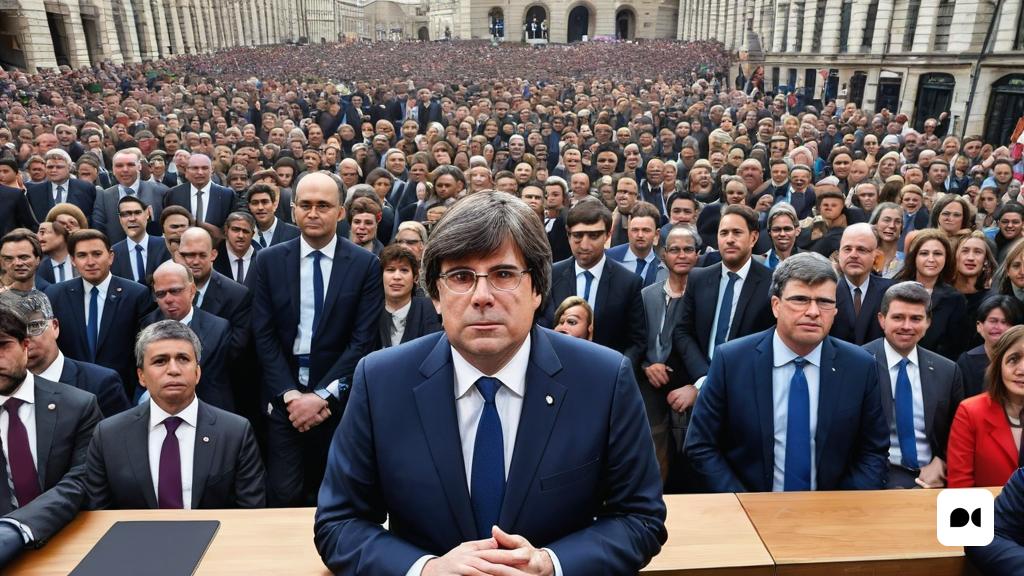Post-Electoral Movements
Following the results of the May 12 election, significant changes have been observed in the environment of the parties that did not obtain victory. These changes, despite being expected to a certain extent, have generated surprise due to their dimensions and implications. This transformation has not only affected Esquerra, but also other political forces such as Els Comuns, CUP and Ciutadans.
Repercussion on the Left
The Esquerra party has suffered a significant setback, especially in the area of Terres de l’Ebre, where its message during the campaign has been questioned. This situation has generated comparisons with political strategies of the past, highlighting the need to redefine its presence and influence in this territory.
The Commons and the CUP
On the other hand, the parties Els Comuns and the CUP, despite being at the bottom of the parties with parliamentary representation, have reacted differently. While the Commons have proposed a government agreement with the PSC, the CUP has adopted a more realistic stance, although its political orientation remains an unknown.
The Case of Together
On the other hand, the Junts party, led by Carles Puigdemont, has proposed the formation of a minority pro-independence government, chaired by himself. This proposal, despite its forcefulness, raises questions about its viability and the possible repercussions in the Catalan political landscape.
Reorganization and Future
In the light of the election results, the political parties are in a moment of reorganization and strategic rethinking. This stage of change may mark a turning point in Catalan politics, opening the door to new alliances and unprecedented governmental scenarios.

